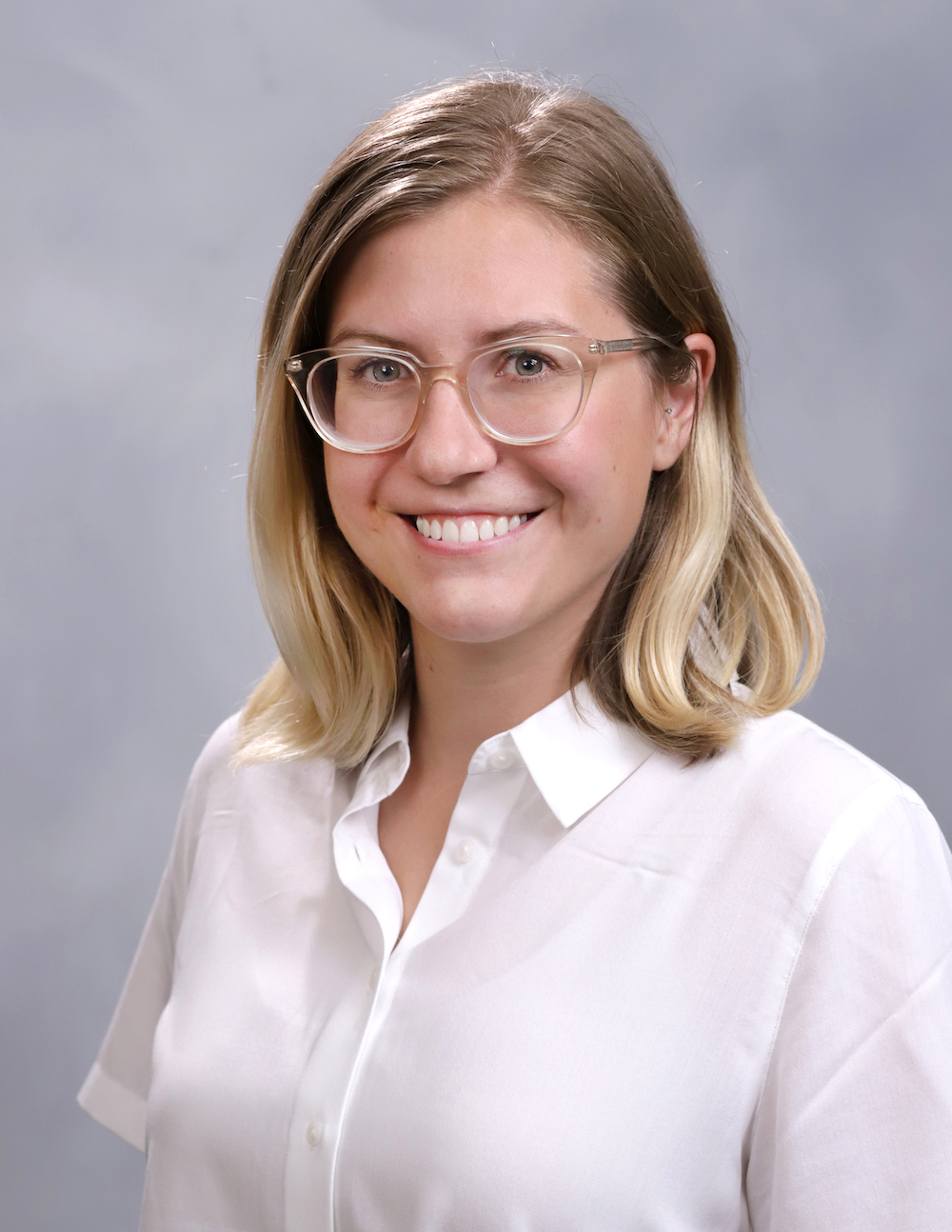
Callen Anthony, Assistant Professor of Management and Organizations at the Stern School of Business at New York University
Friday, January 31, 2025 1:30 - 3:00pm
Abstract
Much of economic and social life depends on experts who draw on their knowledge and specialized practices to make decisions and solve problems. Prior literature suggests that the trust and authority that experts enjoy in relation to clients stems from the uniqueness and obscurity of their knowledge and practices. However, many experts serve clients who possess similar knowledge and have familiar – and even comparable – practices. How do experts manage knowledge overlaps with clients, and with what consequences? In this paper, we draw on archival data and interviews to inductively study the work of eight equity research analyst teams who serve large institutional investors. By tracing their work over a decade, we found that these groups engaged in significant effort to manage knowledge overlaps, yet did so in varying ways. In particular, we found that analyst teams differed in their “expert stances,” which we define as their positioning of epistemic worth and relational authority to clients. Three teams engaged in differentiating, where they attempted to create authority by establishing their own superior knowledge of finance. By contrast, five teams instead employed the stance of bridging, attempting to ground their authority in complementary industry knowledge. These expert stances shaped how analysts performed their work as well as the perceptions of clients.
Biography
Callen Anthony is an Assistant Professor of Management and Organizations at the Stern School of Business at New York University. She received her BA in Business Administration from Western University’s Ivey Business School and her MSc in Social Anthropology from the University of Oxford. She earned her PhD in Organization Studies from Boston College’s Carroll School of Management.
Professor Anthony’s research sits at the intersection of strategy and organization theory, focusing on the relationship between cognition and innovation. Specifically, she studies the role of new analytical technologies in the production of knowledge; how interpretations shape competitive dynamics during the emergence of new technologies and technology-enabled industries; and the effects of identity on innovation choices. Her research has been recognized by INFORMS, the Industry Studies Association, and the Academy of Management. Recently, Professor Anthony was named the 2024 Emerging Scholar by the TIM Division at the Academy of Management.